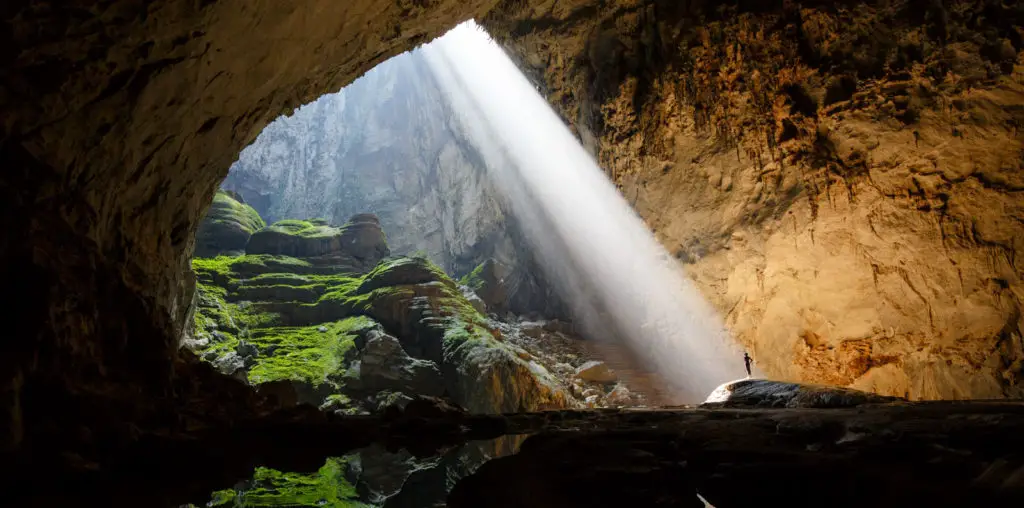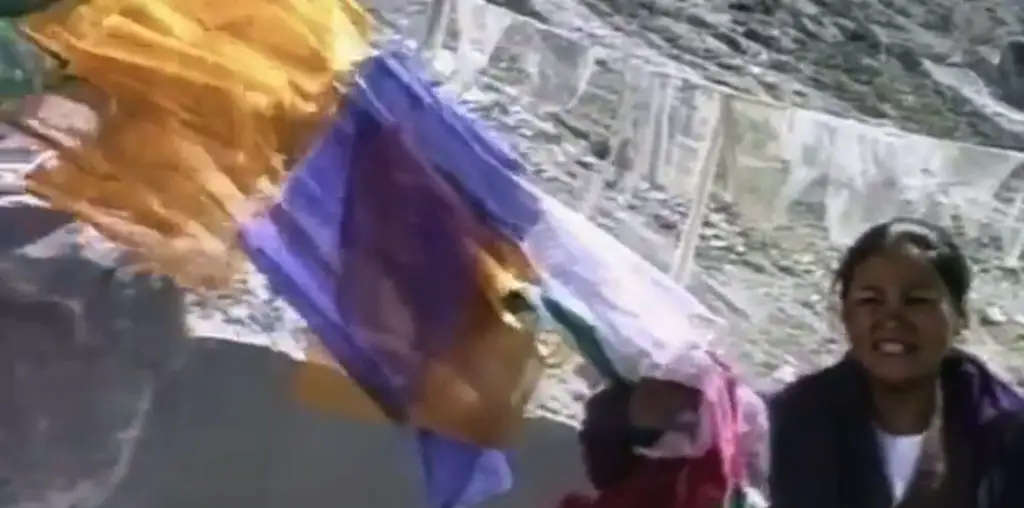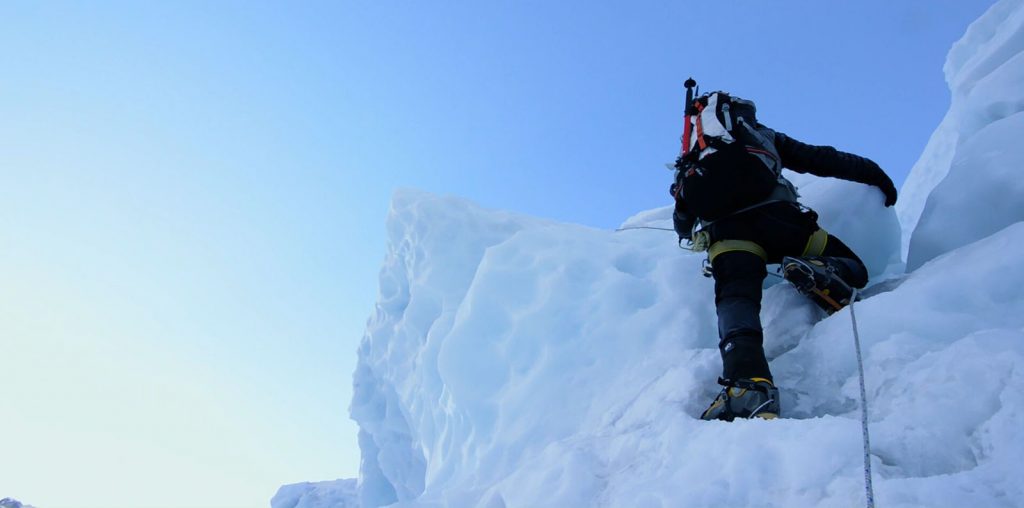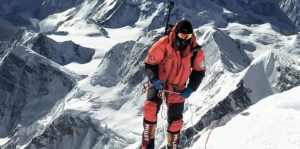
In his documentary The Quest: Nepal, Alex Harz takes viewers along as he fulfills his childhood dream of climbing Mount Everest. The film opens on Harz’s arrival in Nepal, where he then prepares to take on the mountain. Harz takes the great physical, mental, and spiritual groundwork required for the effort quite seriously. Beginning in Katmandu, he winds his way methodically toward an attempt to ascend the summit. When taking on shooting in the Himalayas, the audience expects incredible footage with grand vistas of windswept, desolate mountains, and Harz does not disappoint. The images are breathtaking and beautifully shot.
At this point, a great many people have climbed Everest, and hours of footage have been shot and shown, and many movies have covered the climb. As such, it was important for Harz to find a new perspective. He does so by focusing on the people that live in the towns, villages, and camps along the way. Harz spends most of the 110 minutes of the film on the history and culture of the Nepalese people, which is a refreshing take on the subject. Most notably, we meet Tashi Sherpa, the lead guide who will see Harz to the summit.
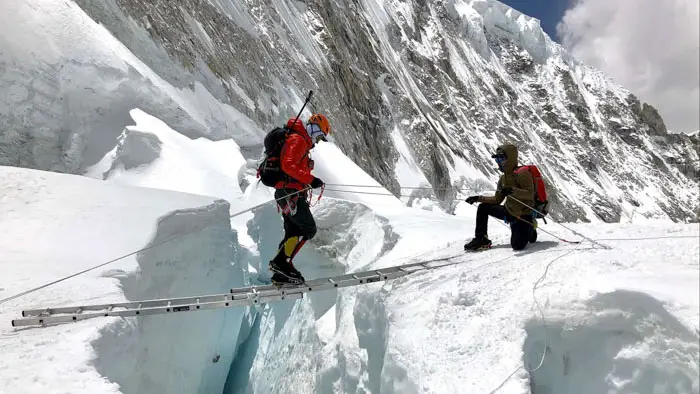
“…we meet Tashi Sherpa, the lead guide who will see Harz to the summit.”
The Quest: Nepal then shows us Harz walking through the necessary routines required to prepare a human body to ascend to 29,000 feet elevation. There are a series of acclimatization ascents required to build up the body’s tolerance to the extremely thin air of the summit. This repetition of climbs and descents goes on for weeks. This is something not a lot of other movies have explored in detail but proves fascinating.
Anyone who has traveled in high mountains knows about altitude sickness, but it is still an interesting quirk of human physiology. You may become ill if your oxygen intake drops below a level that most people can tolerate. Headache, nausea, insomnia, reduced performance, and impaired mental acuity can last for weeks or become fatal. The cruelest aspect of altitude sickness is that it’s a basic characteristic determined by genetics. You can’t prevent it nor prepare for it. The only way to know if you’ll get it is to go into low pressure and see if you get sick. For someone whose dream is to climb the highest mountain in the world, it is a devastating turn of events and requires the individual to be flown by helicopter back down to the oxygen-rich air of Katmandu. Harz is lucky that it doesn’t strike him, but some expedition members do get sick, and their trip ends with that sad flight back.
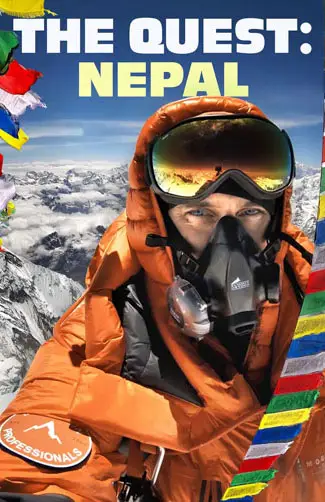
"…breathtaking and beautifully shot."
